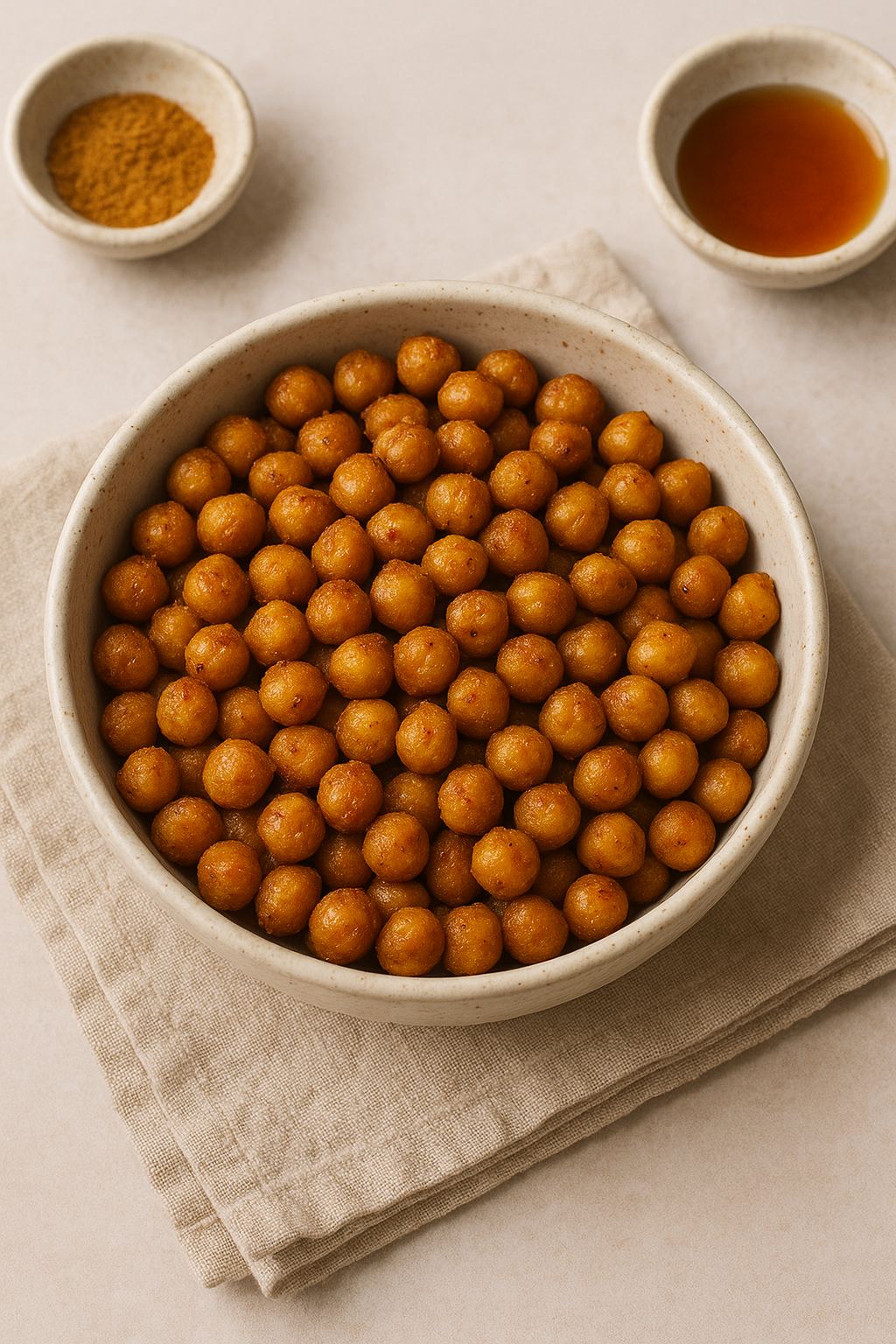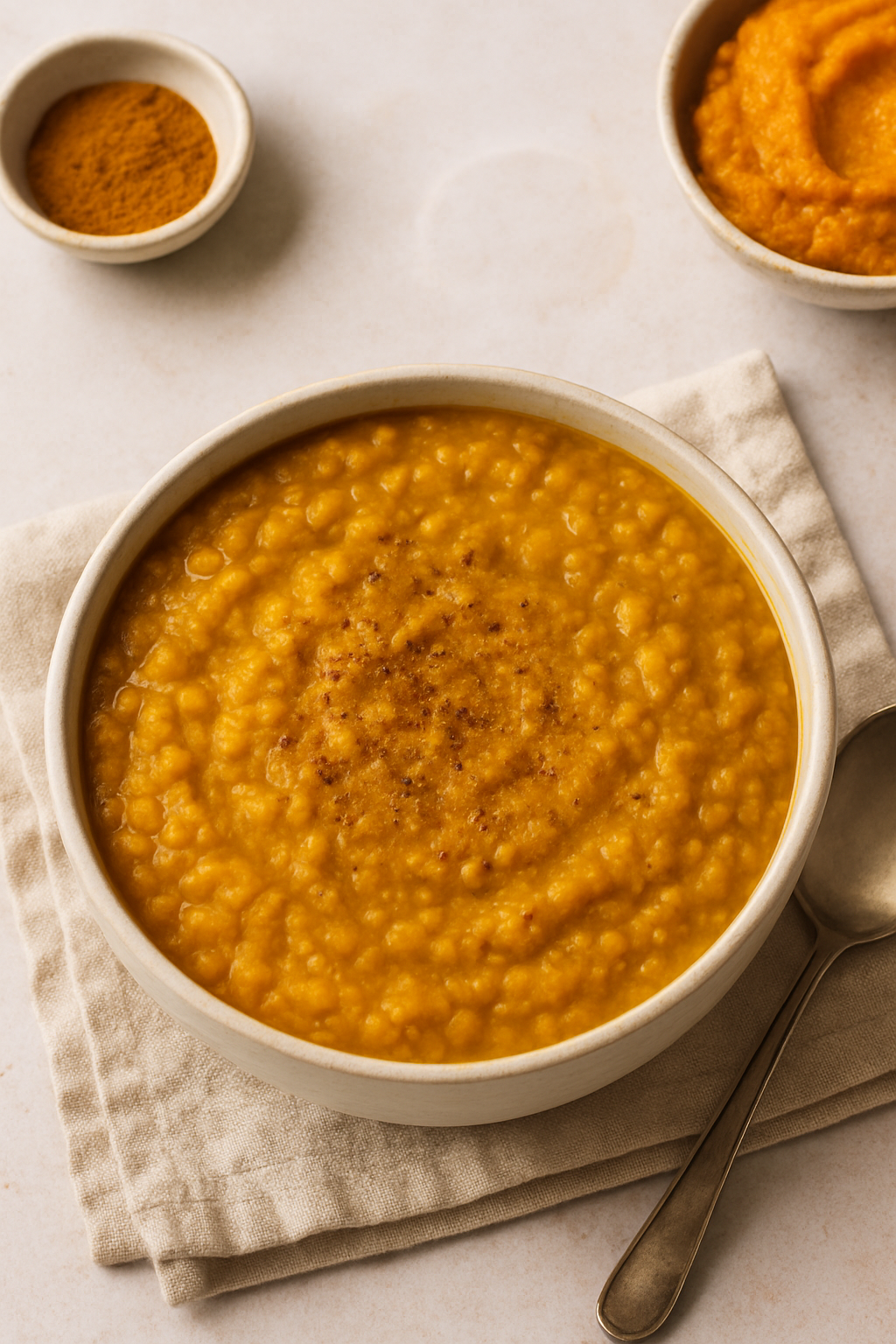My Immune System Does What?
Wouldn’t it be nice if there was an internal thermostat you could simply adjust to turn up and down your stress, energy, hormones, insulin, or even inflammation levels? Yes, stress, hormonal fluctuations, inflammation, etc are all natural responses that the body relies on to function in a healthy, balanced way. However, there are a few downsides to the overreaction of these responses.
Take your immune system. This huge, whole body defense system is meant to protect you from harm. But did you know that it can attack you as well? Many people are actually suffering from an overactive, seemingly confused immune system. This being said, it is so important to understand what your immune system is, how it functions, and ways to strengthen and balance this system in today’s world.
WHAT IS THE IMMUNE RESPONSE?
Your immune system is a network within your body meant to protect you from infections. It is made up of different cells that flow through your body or reside in tissue. Immune cells recognize and send a signal when they find unhealthy, damaged cells as well as bacteria, viruses, or fungi. This is called the “immune response.”
Here are a few signs of a compromised immune system:
- Being constantly sick
- Frequent and recurrent infections
- Often feeling tired or low energy
- Consistently high stress levels
- Digestive issues such as abdominal pain, bloating, constipation, or diarrhea
- Having an autoimmune disease or metabolic disease
INFLAMMATION 101
Typically, when your white blood cells go to protect an area of your body or attack bacteria, a virus, fungi, toxins, fat cells, or dead cells, it creates inflammation. This is a natural and healthy reaction. However, other times your immune system activates when there is not a real threat. When your immune system creates too many white blood cells or attacks non-threatening pathogens in your body, it is considered to be overreacting. Symptoms of an overactive immune system include: allergies, skin conditions (like eczema), respiratory conditions (like asthma), and autoimmune diseases (addressed more below). The problem is, when your body is constantly in an overacting, inflammatory state it has the potential to lead to many health issues.
In fact, chronic inflammatory diseases have been recognized as the most significant cause of death in the world today, with more than 50% of all deaths being attributable to inflammation-related diseases, such as heart disease, stroke, cancer, diabetes mellitus, chronic kidney disease, thyroid disease, depression, dementia, non-alcoholic fatty liver disease (NAFLD), and autoimmune and neurodegenerative conditions.
A body faced with chronic inflammation simply cannot heal due to the free radicals and the oxidative stress that damage the cells of organs and tissues. However! The root cause of the inflammation can be tested for and addressed proactively.
AUTOIMMUNE DISEASES & CHRONIC INFLAMMATION
Approximately 50 million Americans suffer from autoimmune diseases as the result of the immune system’s inability to differentiate invasive organisms from the body’s tissues. This causes immune defenses to attack healthy cells. People experience autoimmune diseases in a variety of different ways, which is why most people look to specialists for answers. However, there is value in treating an autoimmune disease with a whole body perspective.
In other words, even though autoimmune diseases are facilitated by genetic predisposition, they are often fueled by environmental conditions and a diet that alters a healthy gut microbiome. For example, scientists at the Francis Crick Institute in London point to fast food as a major cause. Leaky gut is also studied as a cause of autoimmune disease in today’s world. There are tests and evaluations that can be done by your doctor to determine if you are likely to be diagnosed with, or are on the path towards an autoimmune condition.
STRENGTHENING YOUR IMMUNE SYSTEM BY REDUCING INFLAMMATION
The goal of strengthening and re-balancing your immune system is not to create a bunch of extra immune cells. In fact, your lymph cells are often overly plentiful! The goal is to reach a healthy balance of immune cells that respond properly to invaders or damaged cells.
It is important to note that there are times when your immune system may become weaker, naturally. For example, pregnant women have less immune strength. Additionally, the immune response becomes more unsteady with age.
Here are some tips to strengthen your immune system by reducing inflammation:
1. Address your gut health
Your intestinal lining forms a tight barrier to prevent partially digested food, toxins, and bugs from escaping and getting absorbed into the bloodstream. However, that wall is weakened by processed food, sugar, saturated fat, alcohol, drugs, stress, chemicals, heavy metals and toxins, which can eventually result in a “leaky gut,” one of the biggest causes of damaging inflammation in the body. Until this lining is repaired, there is a leak of inflammatory chemicals into your bloodstream.
2. Reduce stress levels
Stress may feel pretty terrible, but it’s also rather dangerous for our bodies! During stressful times, the body will release a hormone called cortisol, which causes an inflammatory response. Stress-related inflammation is the leading cause of chronic disease in today’s world. Although stress is inevitable, it is important to develop an understanding of your personal stress response to keep it from being deleterious to your health and productivity. Try these six tips to stress less and achieve more this year!
3. Limit exposure to inflammatory toxins
One factor you may not have considered is your environment. For example, exposure to large levels of high-frequency EMFs is known to disrupt the human body at a cellular level. The result? Damage to the nervous system and brain cognitive function, as well as oxidative stress, inflammation, and early aging. The best approach is to be aware that EMFs exist and be smart about your exposure.
4. Choose an anti-inflammatory diet
A plant-based diet is known for having anti-inflammatory benefits. In a 2015 study, where over 600 participants were fed a strict vegan diet, significantly lower levels of the inflammatory marker, CRP, were reported.
Here are some of the most potent anti-inflammatory nutrients that support your immune system. Try to consume these mostly through food sources, and then look to supplement.
- Turmeric: Turmeric contains curcumin which is a blood thinner, reduces inflammation, and boasts anti-cancer and antitumor properties. Even small amounts of turmeric in the body inhibits macrophages from producing cytokines and free-radicals, thus helping prevent inflammation-related damage to your cells. Turmeric has been used for years as a natural medicine for reducing symptoms of autoimmune diseases, arthritis pain, Alzheimer’s, allergies, and IBS.
- Ginger: Ginger inhibits the production of cytokines and assists in detoxing the body. It is rich in antioxidants, and has antimicrobial, antibiotic, and anti-inflammatory properties.
- Garlic: Studies have shown that garlic can enhance immune function. I love adding garlic to my meals all the time, but it should definitely be prioritized in times of high stress or higher risk of infection. If you don’t like garlic in your food, you can also take garlic in supplement form.
- Onions: Onions are rich in fructans, Vitamin C, Selenium, Zinc, Sulfur, and Quercetin, which support immune health. This vegetable has been used medicinally for centuries to reduce inflammation and allergy symptoms.
- Saffron: Saffron has been used throughout history as a powerful natural ingredient for treating disease and reducing inflammation. Saffron controls the expression of genes that encode pro-inflammatory cytokines, and other chemicals that play an important role in controlling the inflammatory response. It also shows promise as an agent to fight disorders of the immune system.
- Dietary vitamin C: Vitamin C has been found to be particularly effective in supporting immune function through several mechanisms, including the prevention and treatment of respiratory and systemic infections. I would recommend increasing vitamin C intake during cold and flu season and any time you are experiencing high levels of stress.
- Dietary vitamin D: A vitamin D deficiency can make people more susceptible to infections and unfortunately, many people are deficient as it is difficult to get enough vitamin D from food. Your body also produces vitamin D naturally when exposed to sunlight, but many people do not get enough. A daily vitamin D supplement can ensure that you have enough to keep your immune system strong.
- Zinc: Zinc plays a vital role in the management of the immune response by controlling the body’s inflammatory response. Zinc picolinate is a form of zinc that is easily absorbed by the body. Like vitamin C, zinc is commonly used both to prevent infection and also to decrease an infection’s length and severity.
- Omega-3’s: Omega 3’s have been studied for their ability to fight inflammation, autoimmune diseases, and asthma in children. They reduce the production of inflammatory cytokines in your body. It is especially important to get these essential fatty acids early in life to help prevent inflammation-related health issues.
*For additional support, take a look at this extensive list of natural immune system- strengthening ingredients that I’ve shared on the blog.
5. Try energy work
Reiki can help nip stress and inflammation in the bud by releasing energetic blockages and toxins, balancing the flow of energy and supporting your body’s natural ability to heal itself. I would recommend starting by balancing your Root Chakra to rebuild your sense of stability and security. Learn more about fueling your energetic body with the go-to foods for each of the seven chakras here.
6. Care for your skin
Your skin actually acts as an immune organ, protecting against cancers, bacteria, germs, and various toxins. It also plays a key role in processes like angiogenesis, wound healing, inflammation, and hindering the onset of autoimmunity. The gut-skin axis and inflammatory immune response can be healed through dietary and hygiene adjustments.
In conclusion…
Hopefully this information helps you to make a few lifestyle adjustments to support your immune system! For more easy tips and tricks when it comes to strengthening and balancing immune function, follow my Pinterest board,”Immunity, Strength, & Stability”. I will have more resources for immune system support coming soon, so stay tuned!
by





